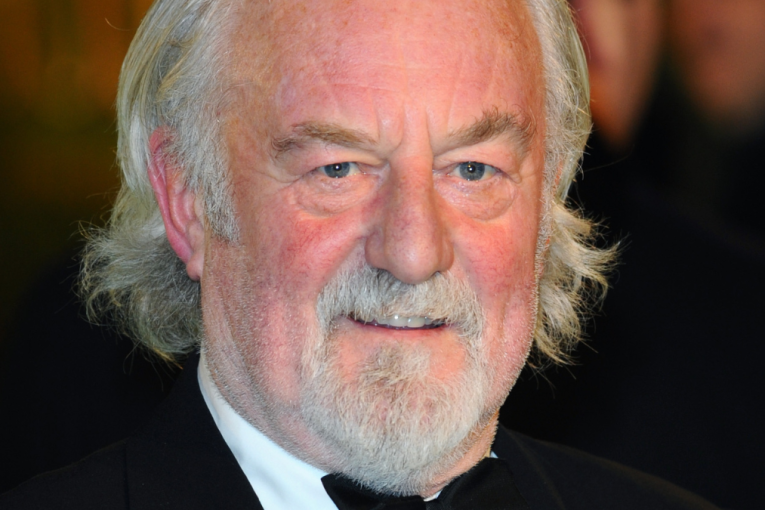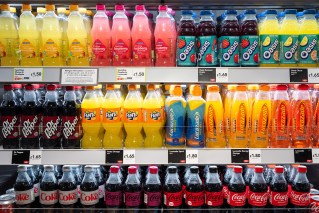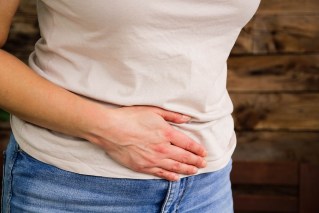‘I thought I was dying’: Pregnancy, birth and love in the time of coronavirus
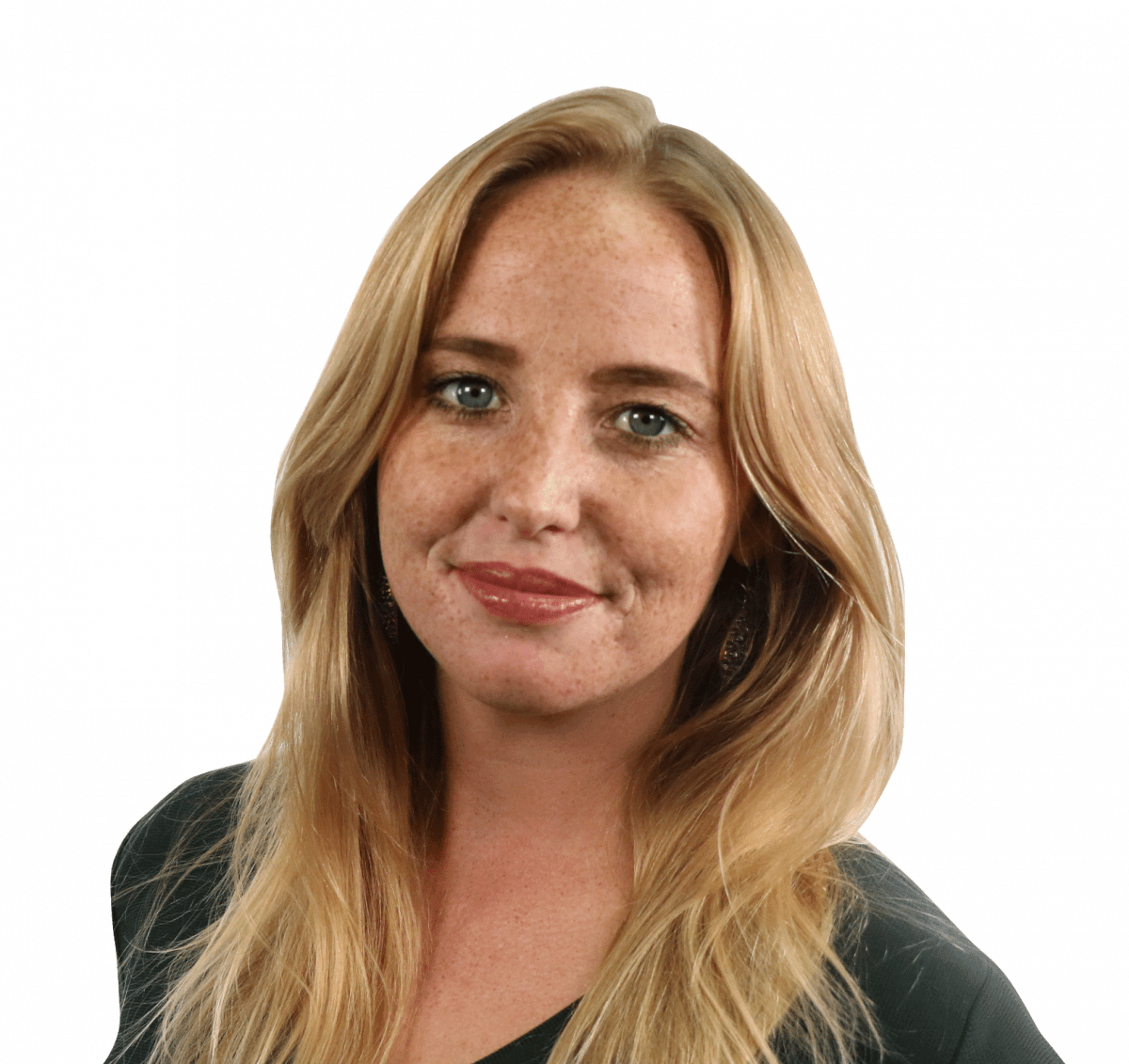
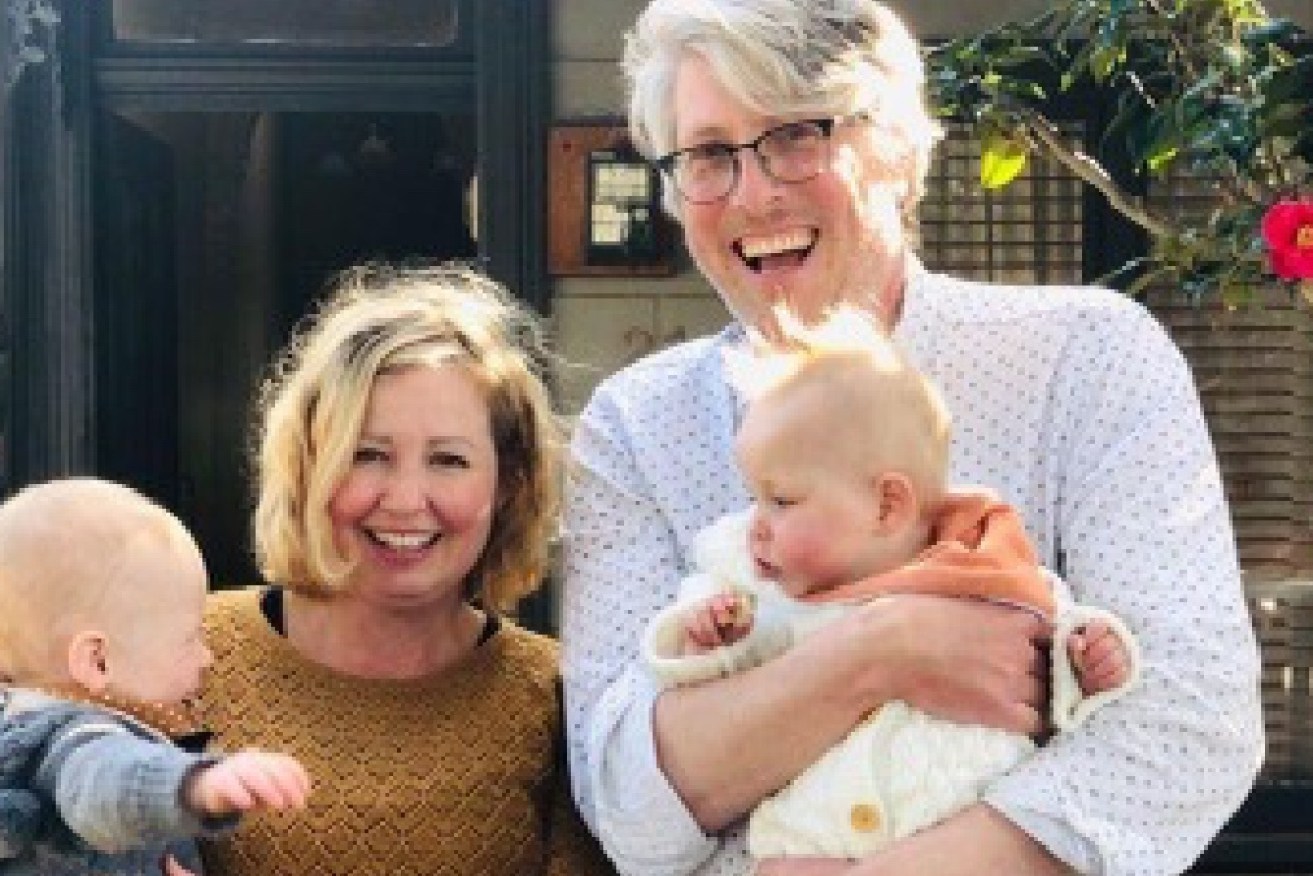
“I was gasping for breath, I thought that I was dying.”Kaillee Dyke is now at home with partner Chris Lassig and their twins.
Kaillee Dyke was pregnant with twins when the coronavirus snatched her breath.
She picked up the phone, determined to make sure the virus would not be taking away her children too.
“If I don’t make it, keep my body alive for the babies,” Ms Dyke told partner Chris Lassig from an intensive care bed.
In isolation at Royal Melbourne Hospital, the patient was told that she would be sedated in 20 minutes. Doctors would put a tube into Ms Dyke’s throat so air could be pumped into her lungs.
“I was gasping for breath, I thought that I was dying,” Ms Dyke said.
“I had pretended to my family that I was OK, that the doctor had said ‘it’s fine’, it’s just to give my lungs a bit of a break.”
She knew she needed to tell her partner the truth – that there was a real chance she may never wake up, that they may never be together as a family.
“I was rubbing my belly and I was saying goodbye to them,” Ms Dyke said.
Mr Lassig would have to wait 10 days before knowing his partner and their children were pulling through – and because of strict health rules and the risk of transmission, he was not able to be by their side.

It was ten days before Chris Lassig knew partner Kaillee Dyke would survive COVID. Photo: Supplied
When she woke, Ms Dyke had to learn to walk again. She couldn’t shower without help, couldn’t get to the bathroom on her own.
At 34 weeks into the pregnancy, doctors made the call to deliver the babies by emergency cesarean.
“When we heard them crying it was the best sound that I’ve ever heard,” Ms Dyke said.
Then came the next challenge – returning home. That’s hard enough for any new parent, let alone when there are two premature babies, a mum who still can’t breath or walk properly and lockdown rules mean no one can come to visit.
“They say it takes a village to raise a child – we didn’t have that,” Ms Dyke said.
Families feel side-effects of coronavirus
While hers is the extreme, Ms Dyke’s experience is just one of thousands of examples of how COVID restrictions complicated pregnancy and bonding between babies and caregivers.

Parents are being encouraged to reach out for help and reconnect with their ‘tribe’ after lockdowns. Source: My Midwives
Lockdowns may now be over. But difficulties for families will continue. Hospitals nationwide are bracing for an influx of pregnant women sick with COVID-19, meaning more parents could be separated from support networks as they are forced to isolate.
Researchers at Curtin University have already started measuring the mental health toll on parents. They surveyed around 3,700 Australian mums, dads and health professionals about their experiences of maternity care during the early stages of the COVID-19 pandemic.
The study results showed 91.3 per cent of the women and 88 per cent of their partners felt anxious about the impact of COVID-19 on the wellbeing of their families.
In the past two years, partners of pregnant women were kept away from many hospitals and milestone appointments – like seeing an ultrasound picture of a baby for the first time.
New mothers couldn’t have their own mums with them as they learnt to breastfeed.
To this day, some relatives remain separated by border closures and haven’t met the newest members of their families.

Forming a strong connection with his daughter was one of the positives of lockdown, says Stuart Gardner. Photo: Supplied
Liam Connell, of Sunshine in Melbourne’s west, said he and wife Amy struggled when they returned home from hospital in July 2020 – with twins – because post-natal supports had been cancelled.
“We went home with no confidence. We were totally isolated,” Mr Connell said.
Stuart Gardner said his preparation for fatherhood was hampered because he and his wife couldn’t tour the hospital or attend pre-natal classes to learn parenting skills.
On the bright side, the lockdowns meant Mr Gardner – who normally works as an airline pilot – was home to care for his baby daughter.
“The other good thing is we had no pressure to show the baby off, we could do things at our pace without multiple visitors interrupting,” the 34-year-old said.
“Being able to develop a strong connection with [baby] Eloise in normal times wouldn’t have been the same or even possible … I now strongly believe the standard two weeks of paternity leave in Australia is not enough.”
He added: “When people asked what I did for a living, I used to proudly say I was a pilot – now I say with even more pride ‘I’m a dad’.”
Fellow Melburnian Ashley Woodrow has found it tricky to emerge from lockdown with her new identity – a parent – given friends and family had never met her twin boys or seen her pregnant.
“As first-time parents we missed out on everything from birthing classes to my first-time parent group meeting in person,” she said.
“Sometimes it feels like, now everything is open, we are trying to bring two worlds together – our old and new lives – and it feels so clunky.
“We now have anxiety around Victoria opening up and the added risk of not just COVID, but the boys being more vulnerable because they were premature. I don’t feel as confident taking them anywhere.”

“‘It feels like now everything is open we are trying to bring two worlds together – our old and new lives,” says Ashley Woodrow. Photo: Supplied
More family support needed
Liz Wilkes, who heads up the My Midwives organisation across Queensland and Victoria, said “significant mental health challenges” experienced by new mums and dads could be “ongoing for some time”.
Ms Wilkes is helping with Australia’s inaugural involvement in Baby Safety Month, with hers and other support groups offering free assistance for parents including collating resources in a new app, Tribe.
“The first six to 12 months of parenthood can be particularly challenging for new parents, as this is traditionally a period where their mental health and well-being are under immense pressure,” the midwife said.
“It’s important to remember that while it may feel as though your village has diminished – it’s still there, it just needs some time to find its feet again.”
Ms Dyke said she backed all border restrictions and lockdowns, but wants to see more investment in mental health, including for parenting groups.
Health teams are preparing for an increase in the number of expectant mothers catching COVID-19 as Victorian and New South Wales restrictions continue to ease and borders reopen, with obstetricians concerned about lagging vaccination rates among pregnant women.
Until June, Ms Dyke was the only pregnant Victorian to need admission to ICU because of the coronavirus. According to figures obtained by The Age newspaper, another 48 pregnant women have been admitted in recent months.
Ms Dyke is fully vaccinated and hopes her story helps inform other mothers.
When The New Daily caught up with her on Friday, she was breathless as she spoke – one of the symptoms of long-COVID, compounded by a lingering cold. Her liver has not recovered. Her muscles are sore, her brain foggy.
But she’s made it through – and hopes other families have more support if they have to go into the same “survival mode”.
“You go into autopilot … nothing else matters. Those love hormones really kick in when you’re stretched to your physical limits. You can do anything when you see your babies,” Ms Dyke said.
“Thankfully my husband is a beautiful father … we’re a good team and the twins are perfect and beautiful and fabulous – but there’s no bias there of course!”
